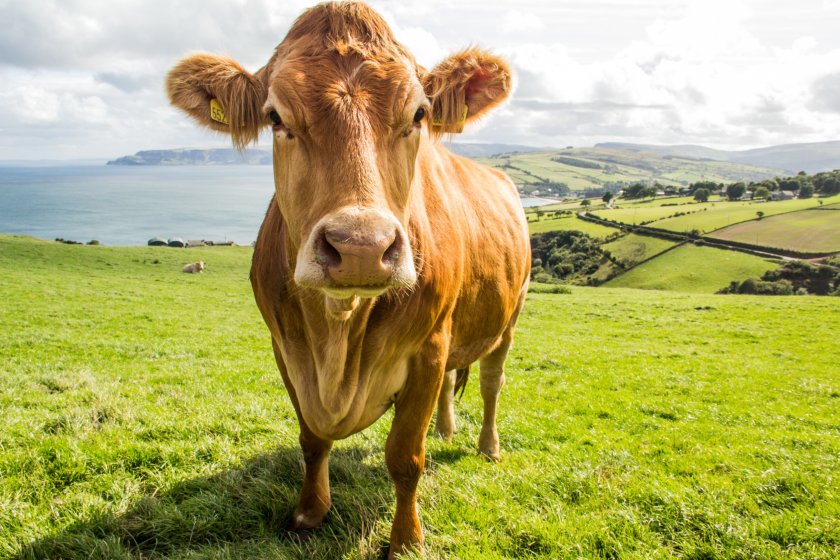NI farm leader slams TB payment reduction as 'nothing short of theft'

A Northern Irish farm leader has slammed suggested proposals to cut stock valuations for TB reactor cattle, blasting it as 'nothing short of theft'.
Government proposals seek to slash the value of livestock removed from farms impacted by bovine TB in order to stabilise public finances.
Figures show that incidence levels of bovine TB in Northern Ireland are at a record high, with the Ulster Farmers' Union (UFU) recently calling it 'out of control'.
Now the union has warned the Department of Agriculture (DAERA) that farmers would "not tolerate" any payment reduction.
A new strategy to eradicate TB was launched in 2022 by then-DAERA Minister Edwin Poots, who stated that a review of the compensation arrangements would only be considered after the strategy's implementation.
However, UFU deputy president John McLenaghan said farmers "have never received any compensation for loss of production, and that they are solely paid for the market value of their animals".
"The value of every single reactor is agreed on by DAERA staff," he said, "For that reason, our members already carry a significant financial burden when the disease comes to their herd and the UFU remain firmly opposed to these barbaric proposals.”
Since 2022, he said the UFU had been 'fully engaged' in getting the revised TB strategy delivered in full, but DAERA had 'U-turned' on some of the measures that were meant to be put in place.
Mr McLenaghan said: "To consider devaluing cattle’s worth after the animals have fallen victim to a disease that has become rampant in our region because of our department, is nothing short of theft.
"Instead of hitting farmers when they are already down, suffering mentally and financially, it would be much more effective for DAERA to prioritise tackling the disease itself, which in turn would reduce the cost.
"In the long run, this would be much more beneficial for public monies."








